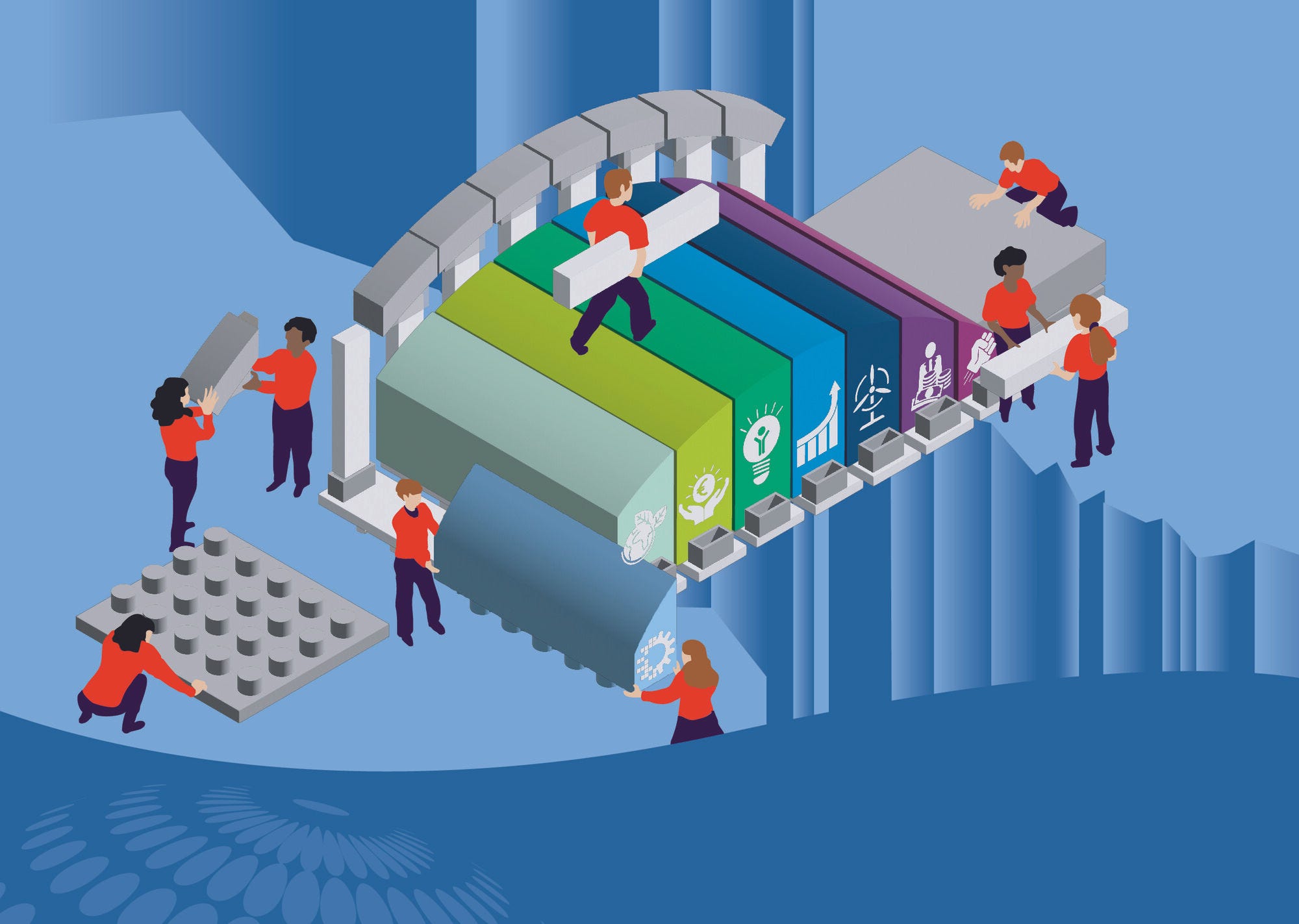This report provides an in-depth analysis of Peru’s justice system and offers concrete recommendations, based on OECD countries' experience and best practices, for how to make it more effective, efficient, transparent, accessible, and people-centred. Building on the OECD’s Recommendation on Access to Justice and People-Centred Justice Systems, the report suggests how Peru can best implement its challenging justice reform agenda so that access to justice is available to all, including the most in need. In particular, it proposes actionable solutions for modernising Peru's institutional and functional arrangements to improve the administration of justice and people-centred service delivery, bringing it closer to OECD standards and best practices in this area.
OECD Justice Review of Peru

Abstract
Executive Summary
Modernising its justice system is a priority for Peru. Since 2003, the country has taken several steps to strengthen the institutional framework supporting the design and delivery of justice policy and services for all Peruvians, including the most vulnerable, through forward-looking institutional and functional justice policy reforms. At the same time, their effective implementation depends on the removal of institutional bottlenecks, as well as political commitment and stability.
Peru's fragmented justice system often translates into a disconnected approach to justice policy reform, design and implementation. This can lead to duplication and inefficiencies, affecting service quality and undermining efficient spending of scarce public resources, sometimes resulting in justice services that are limited or unavailable for too many people, particularly the most vulnerable. These effects tend to be magnified by the limited development of non-court-based justice tools, notably alternative dispute resolution services. Further digitalising the system could also improve access to and delivery of justice services.
While Peru aims to guarantee the independence of the judiciary through constitutional provisions, the existing institutional, legal and operational framework safeguarding the independence of judges, such as performance appraisals and evaluation of judges, could be improved to guarantee their autonomy and impartiality. As such, there is scope to further protect judicial independence, including the management of judicial careers, notably of judges and public prosecutors, as well as ensuring that third-party, public institutions such as the Ombuds Office (Defensoría del Pueblo) cannot interfere unduly in judicial decision making. The judiciary’s involvement in justice policy design and in delivering a range of legal and justice services that lie beyond its traditional administrative and adjudicatory functions further adds to the challenges to secure its independence.
Additionally, the conflation of “access to justice” with “access to the court system” and the relatively limited power and resources assigned to the executive to lead and co-ordinate justice policy and service design and delivery limit Peru’s capacity to plan, co-ordinate and implement system-wide justice policy reforms. There is thus scope to strengthen the executive's system-wide leadership and co-ordination capacity in justice policy and service design and delivery, as is the practice in many OECD Member countries. This will require a “paradigm shift” that empowers and equips the executive to lead and co-ordinate system-wide justice policy reforms that place people at its centre.
Peru has made considerable efforts to increase the availability and accessibility of justice services, notably by modernising its justice system and programmes. Yet, systemic barriers continue to affect access to a full range of justice services, particularly for the most vulnerable. To effectively respond to citizens’ legal needs, Peru needs to develop the institutional and functional capacity to identify and quantify people’s legal and justice needs and design and deliver truly responsive justice policy and services from a system-wide perspective.
Expanding the justice system's focus beyond the courts by placing people at the centre of the justice system could considerably increase people’s access to justice. The implementation of the 2021-2025 Justice Policy Reform could contribute effectively to modernising Peru’s justice system in a way that prioritises meeting the needs of all Peruvians, notably the most vulnerable, thereby creating more efficient, effective and accessible justice for all.
Finally, there is room for improving the Rule of Law and equal access to justice by effectively safeguarding Peru’s Constitutional Separation of Powers guarantee. This could be done by defining in law when and how the constitutional system of checks and balances can be applied in practice and to ensure that the Constitutional Court plays a key role in interpreting the Constitution on this matter. This could also help limit the use of constitutional control mechanisms for short-term, partisan or political purposes.
Related publications
-
 21 November 2024
21 November 2024 -
 Policy paper19 November 2024
Policy paper19 November 2024 -
 10 September 2024
10 September 2024



